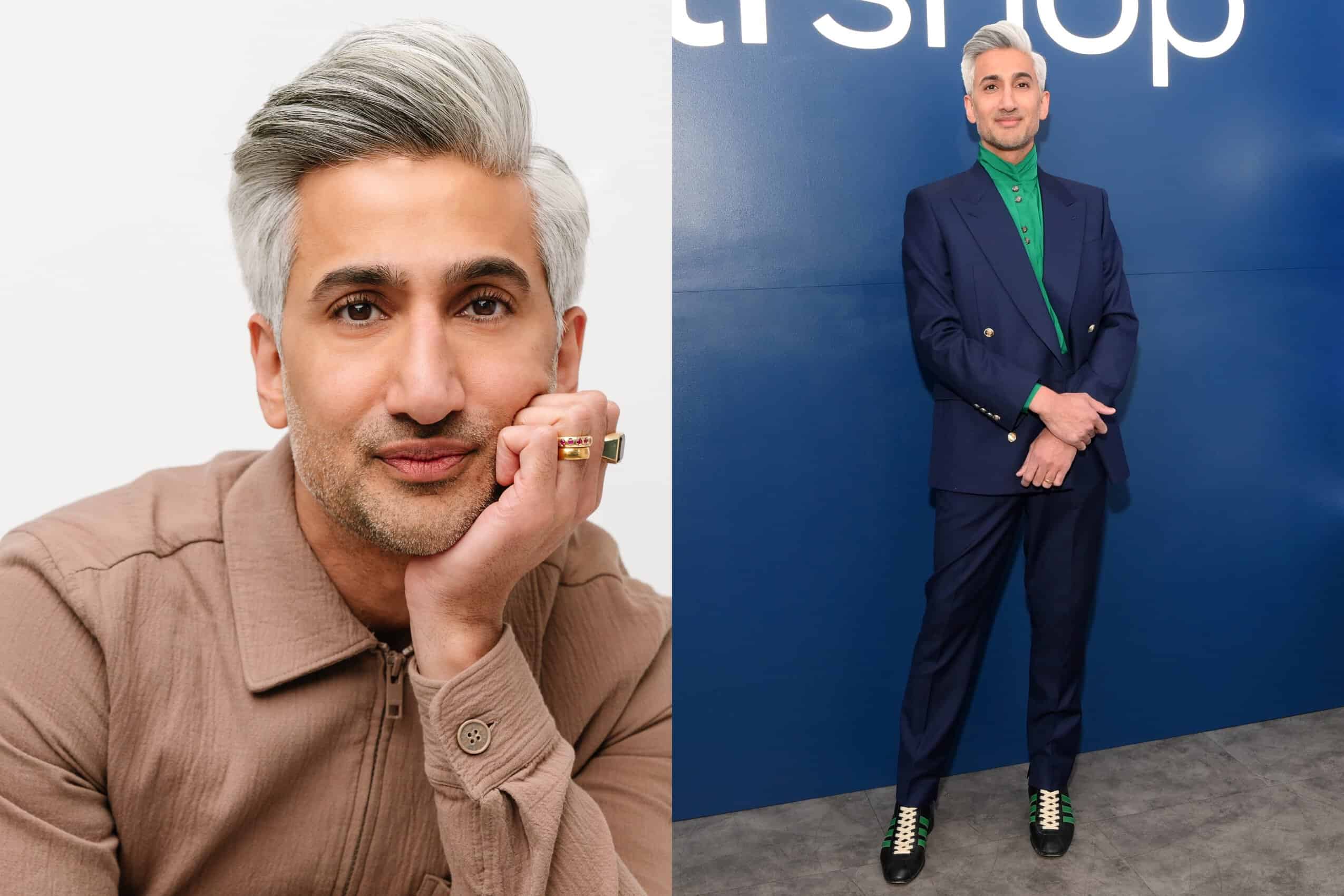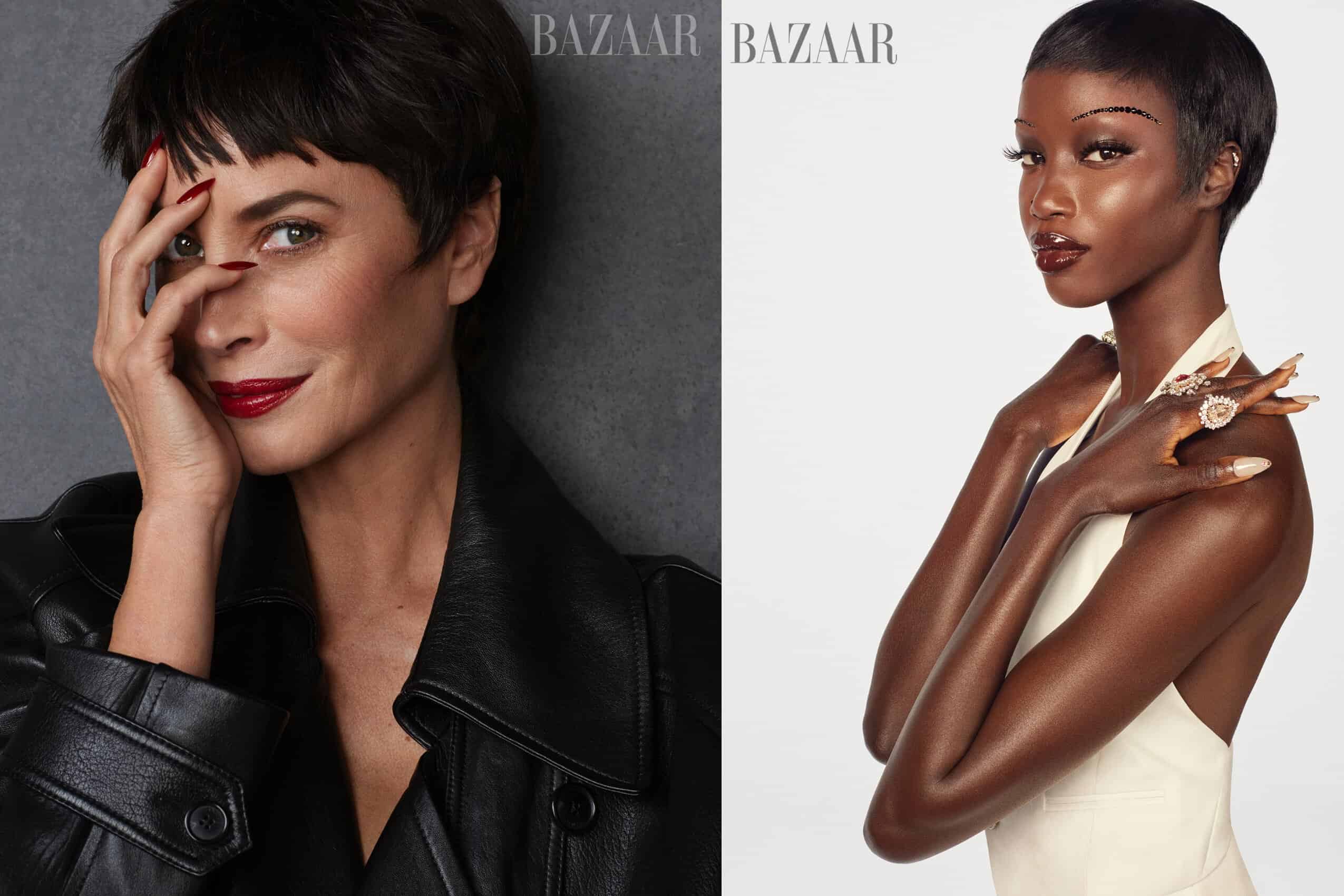Well, I had done advertising, you know, shot commercials initially, but my background before that was as a painter. And so I very much had that sense of what I’m making being my own personal expression. But as you said, I was always working on different things, and some of them rise to the top and some of them are too difficult to get made, or the actors don’t come, or they fall apart at the last minute. I do think it’s important to keep working. And I feel like everything I’ve done I’m incredibly proud of, and I felt actually a personal relationship to, even something like “Divergent,” which is about a young woman in this sort of dystopic future. I was completely with her and her journey was really meaningful to me, and I couldn’t have done it otherwise. I couldn’t have created a visual palette for it or anything else, let alone a narrative one, without feeling incredibly deeply about it.
And at the same time, yeah, I’m always writing and developing things for me to do. It’s hard to get movies made. You see filmmakers who make one after another that’s just theirs and it’s a very rare, lucky thing, and certainly something I’m always shooting for. And I’m happy to have, again, gotten back to a place where I wrote and directed and produced this and controlled it.
“Voyagers” has a very tricky plot, but a viewer might not realize watching it the first time, how so much of it is driven by the characterizations and what they represent. The first person we really get to know is Colin Farrell’s character who’s super interesting; he really does represent the dictionary definition of altruism, in that he’s getting on this ship and sacrificing a part of himself and his life in order to help these kids. And not to reveal any spoilers, but the best laid plans don’t always work out. I’m wondering what the inspiration for that was.
Yeah. I think Colin’s character, Richard, has a real sort of thematic function in the sense that he does represent goodness and selflessness and self-sacrifice. And that’s very much a theme in the movie—why should we be good? If we’re all going to die in the end anyway, why can’t we just do whatever we want anytime, without regard to how it affects any other people? It’s a potent question, you know, that we all deal with in small forms or large forms all the time. Nations deal with it, individuals deal with it. And he represents the version of selflessness. He really gives to these kids and, as you said, he sacrifices, really, the rest of his life for their well-being. And it actually is the thing that throws the switch of the storyline, too. If he hadn’t gone, the mission actually probably would’ve been okay. Because as good as he is, he’s also human and what the kids pick up from him, include his secrets and his own doubts about the mission. They sense it, and it has an effect on them.
You can view the original article HERE.
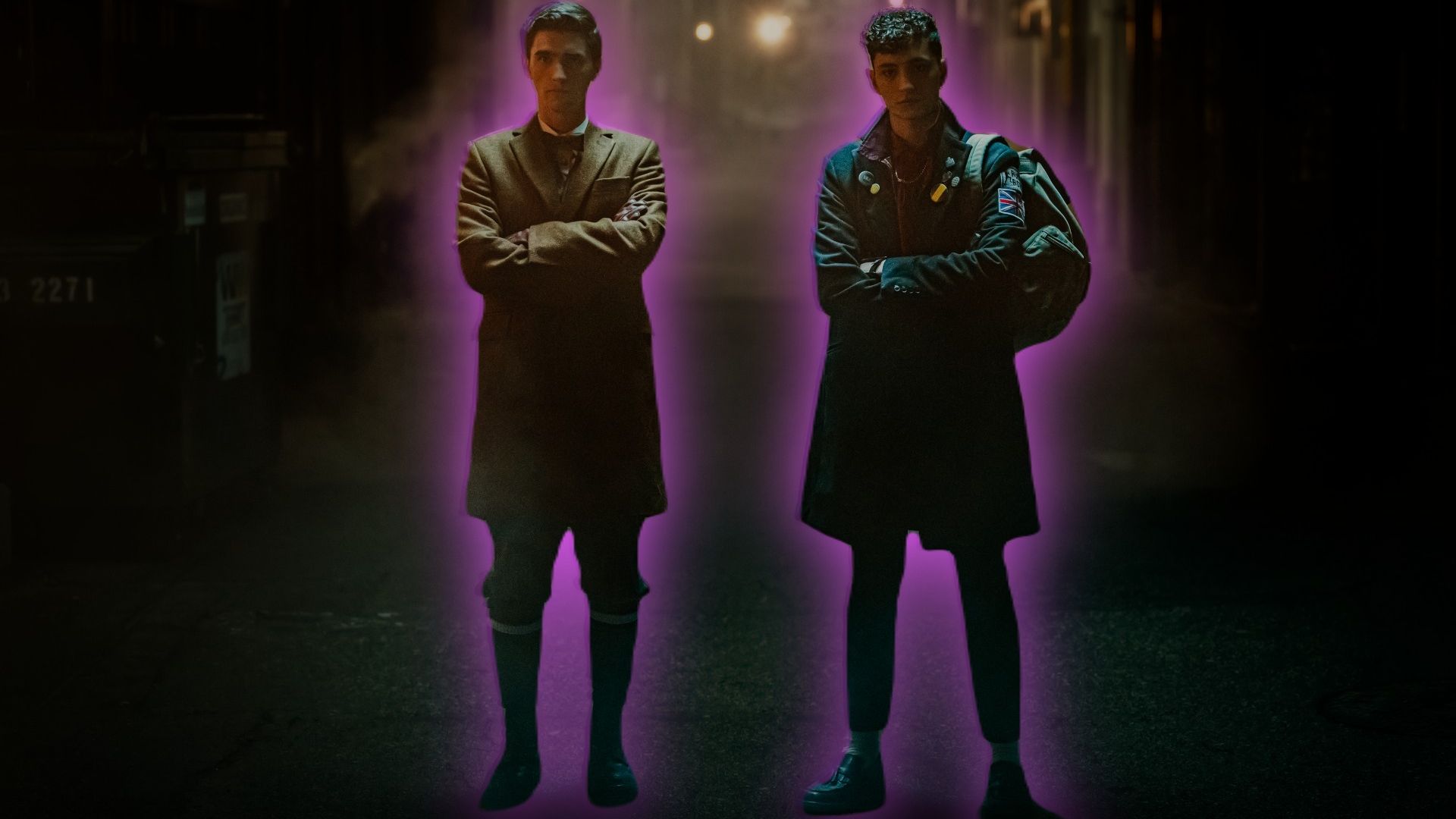
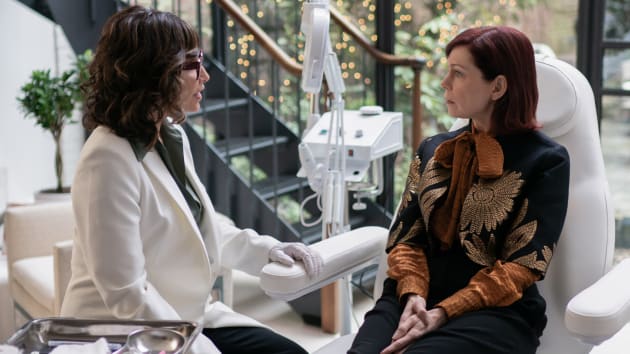

:quality(85):upscale()/2024/04/24/704/n/1922398/38e84cfb66292b21a38262.25923048_.jpg)

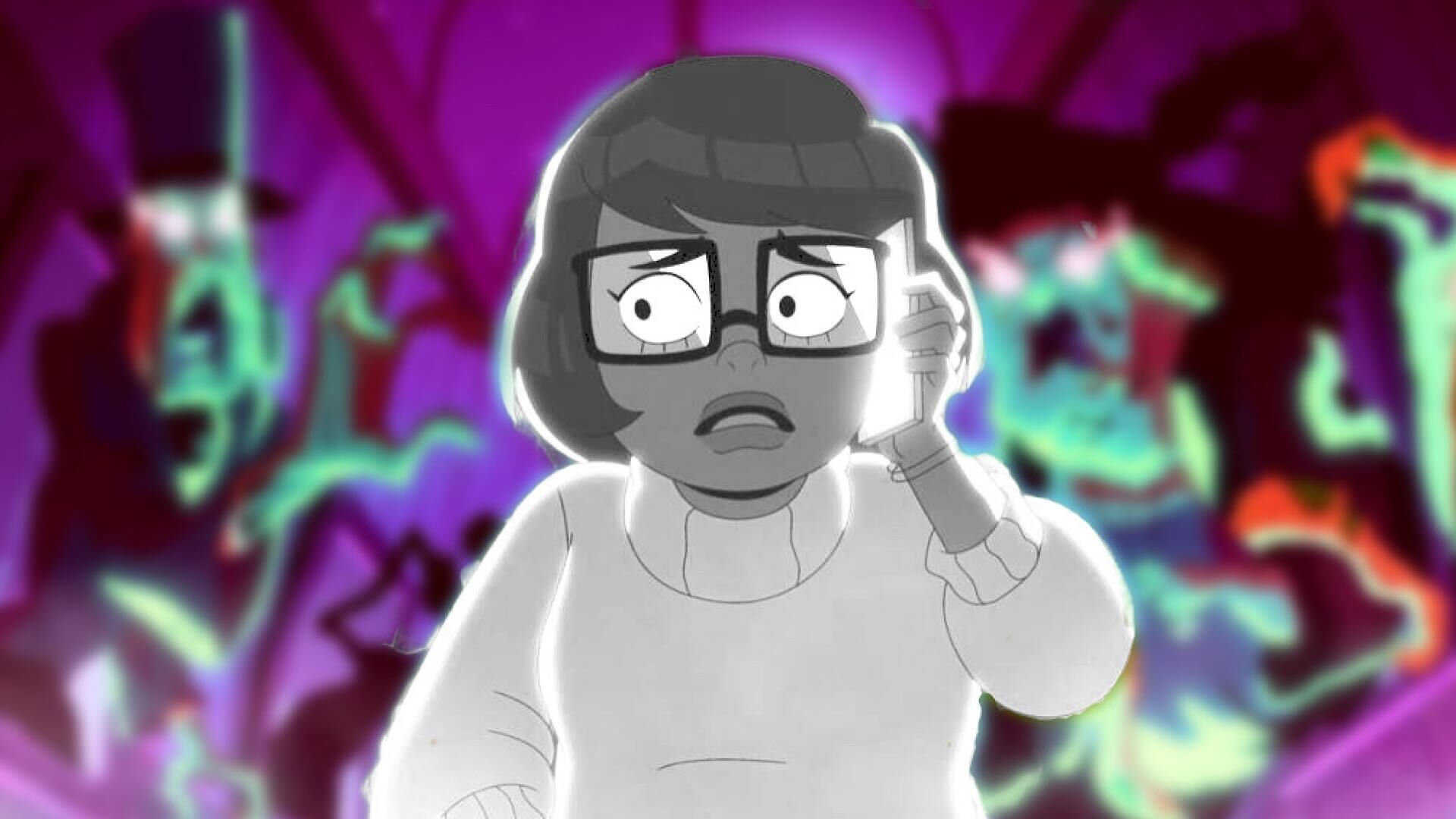

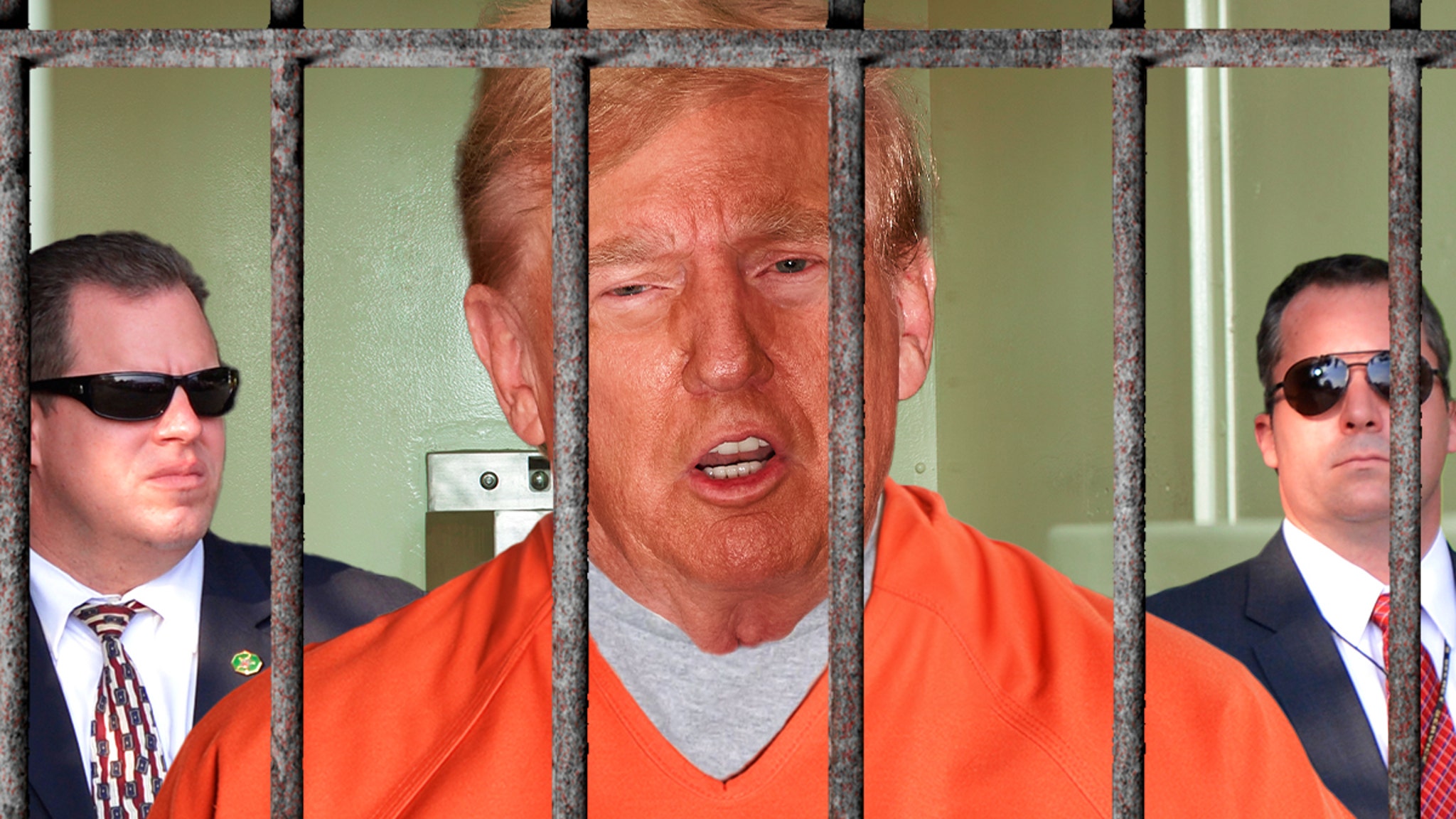

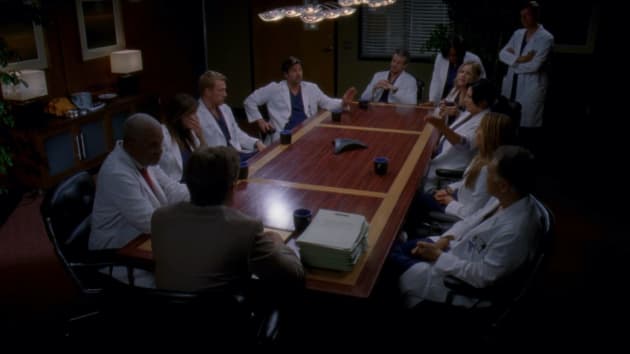


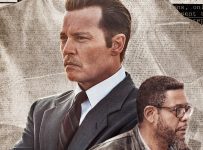
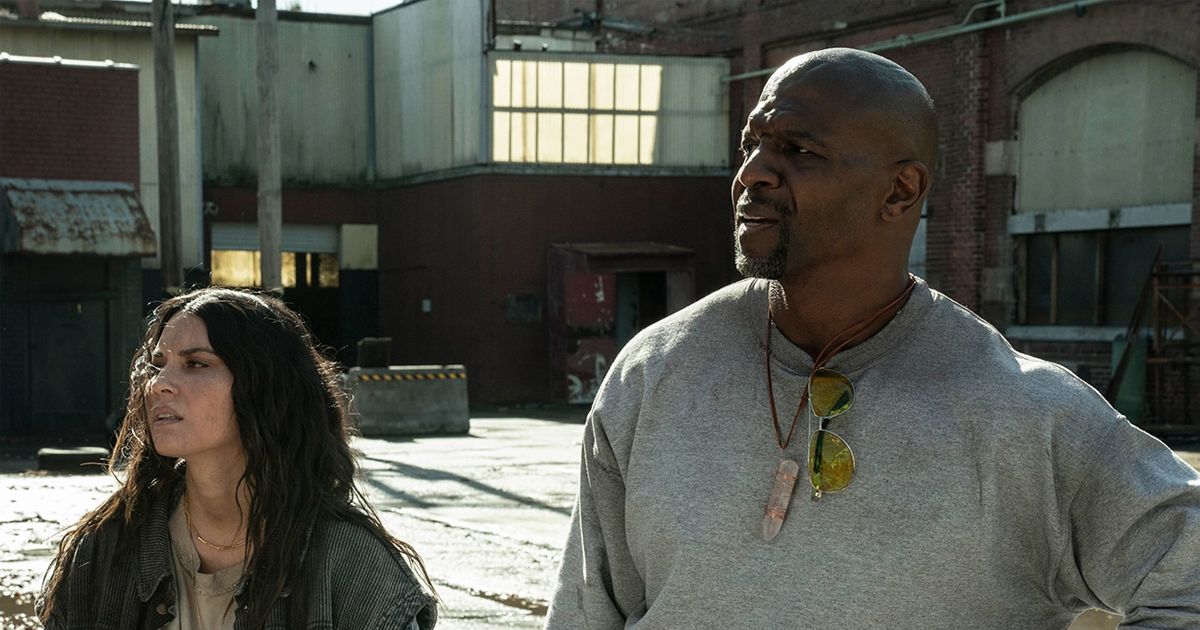
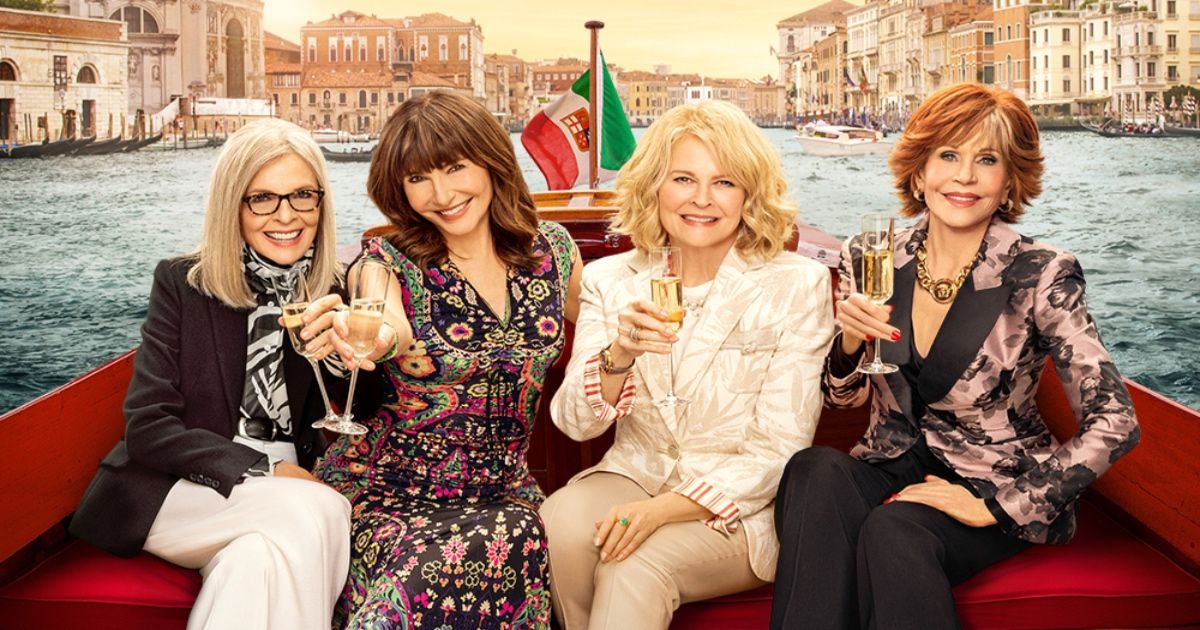
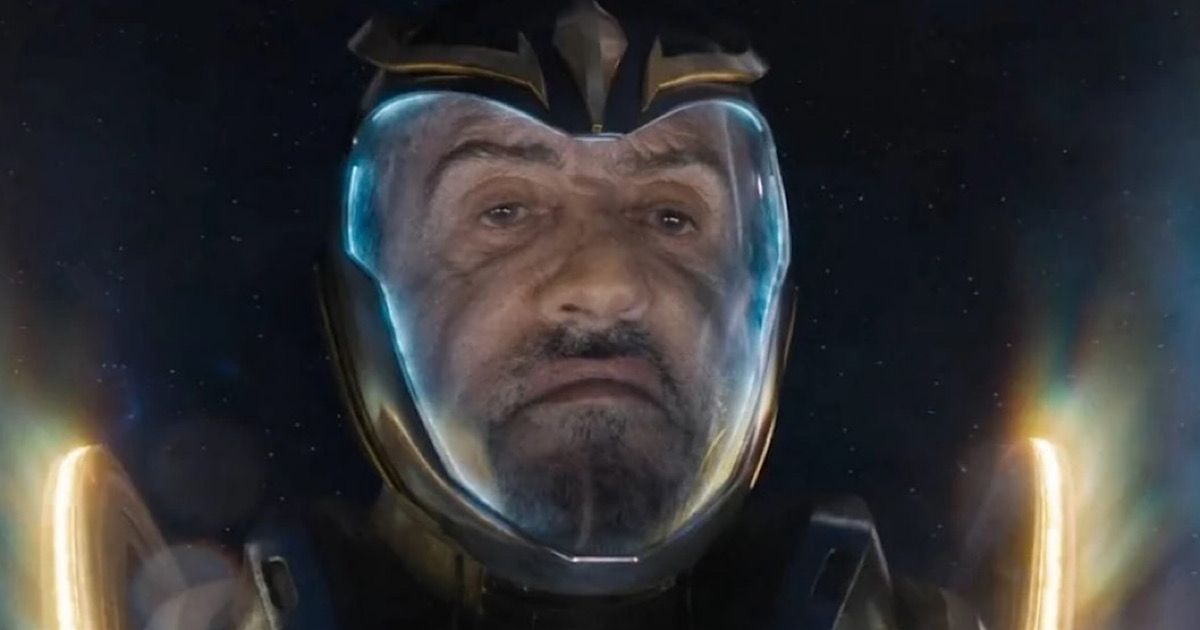

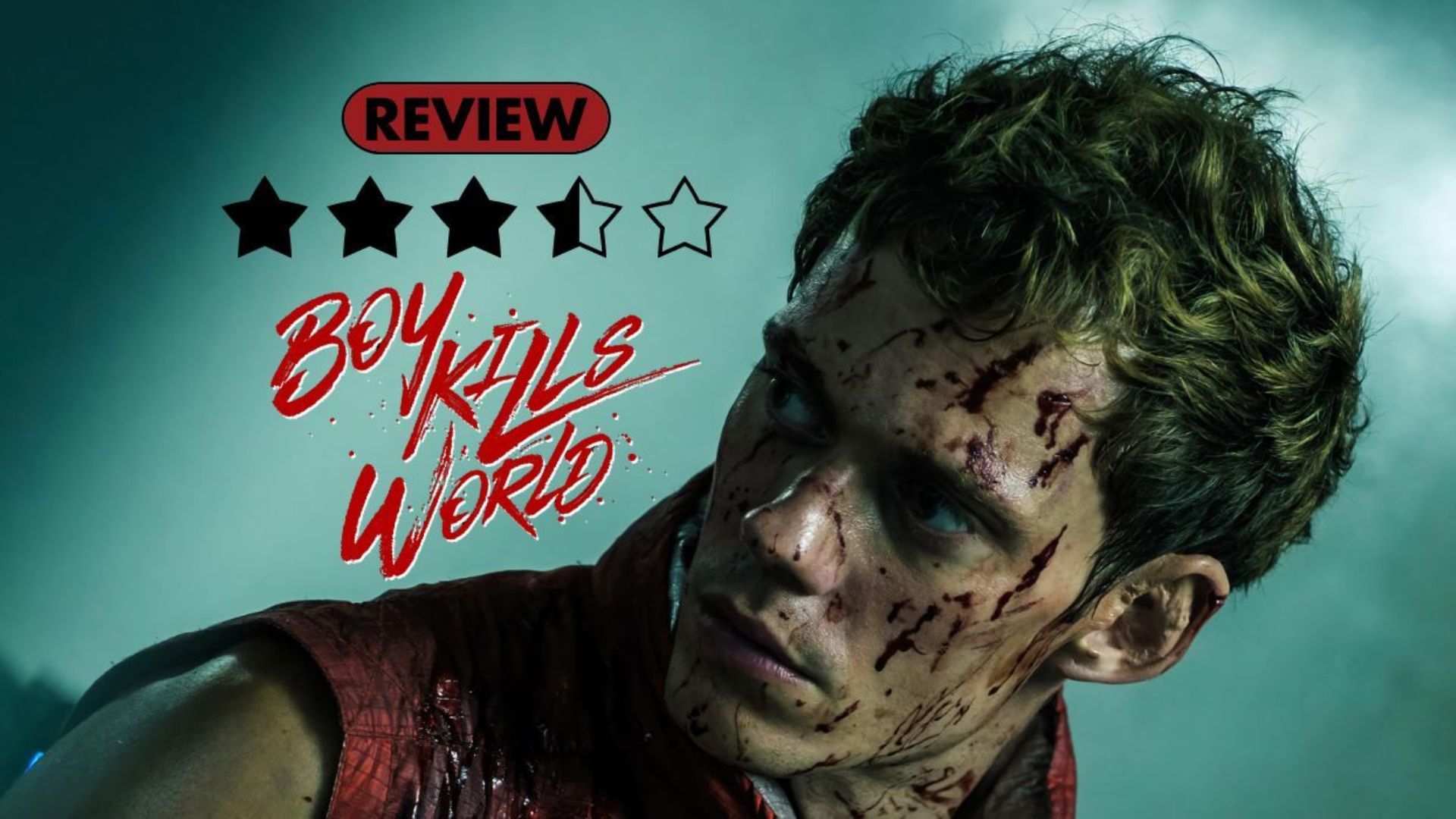

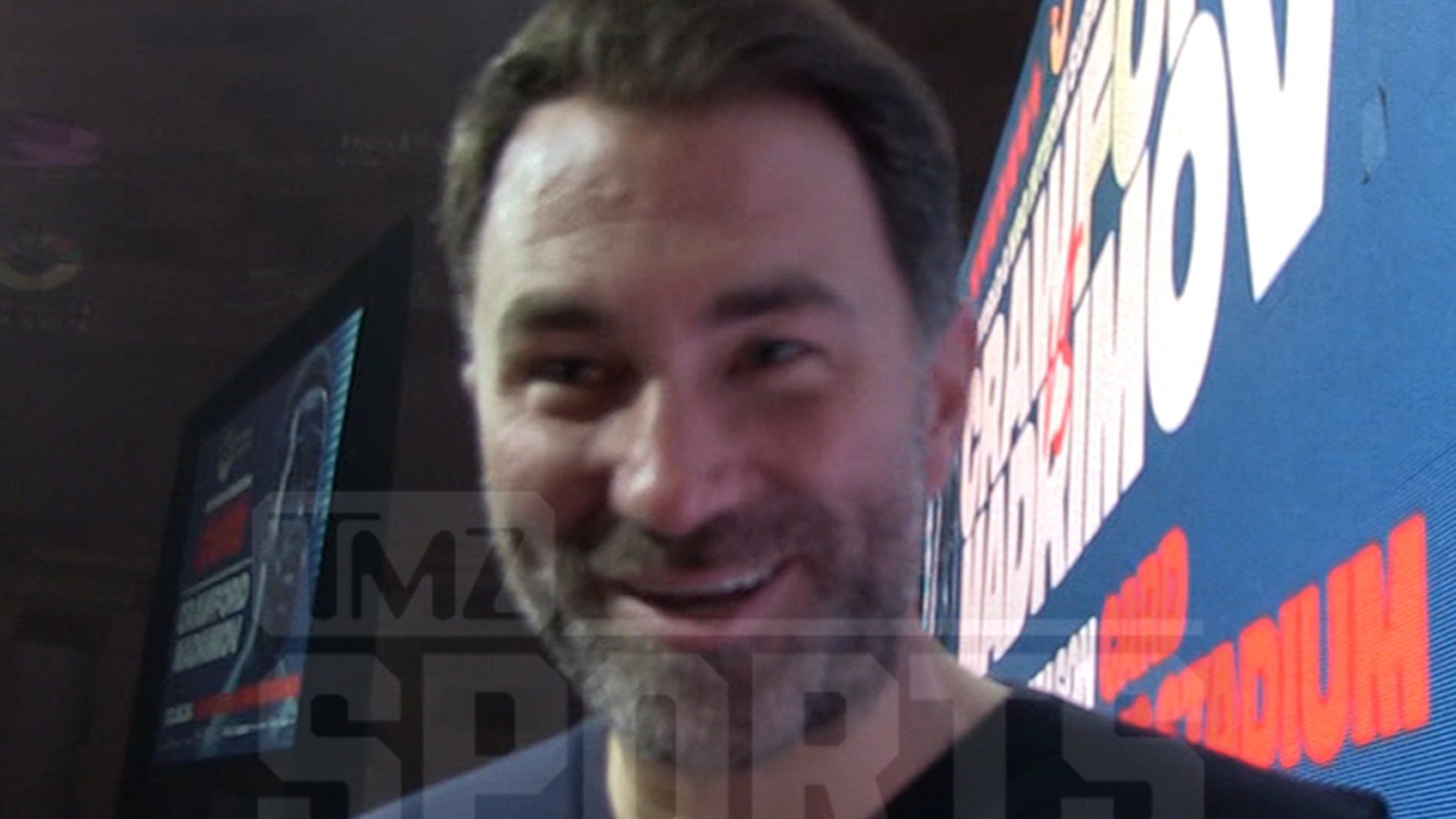
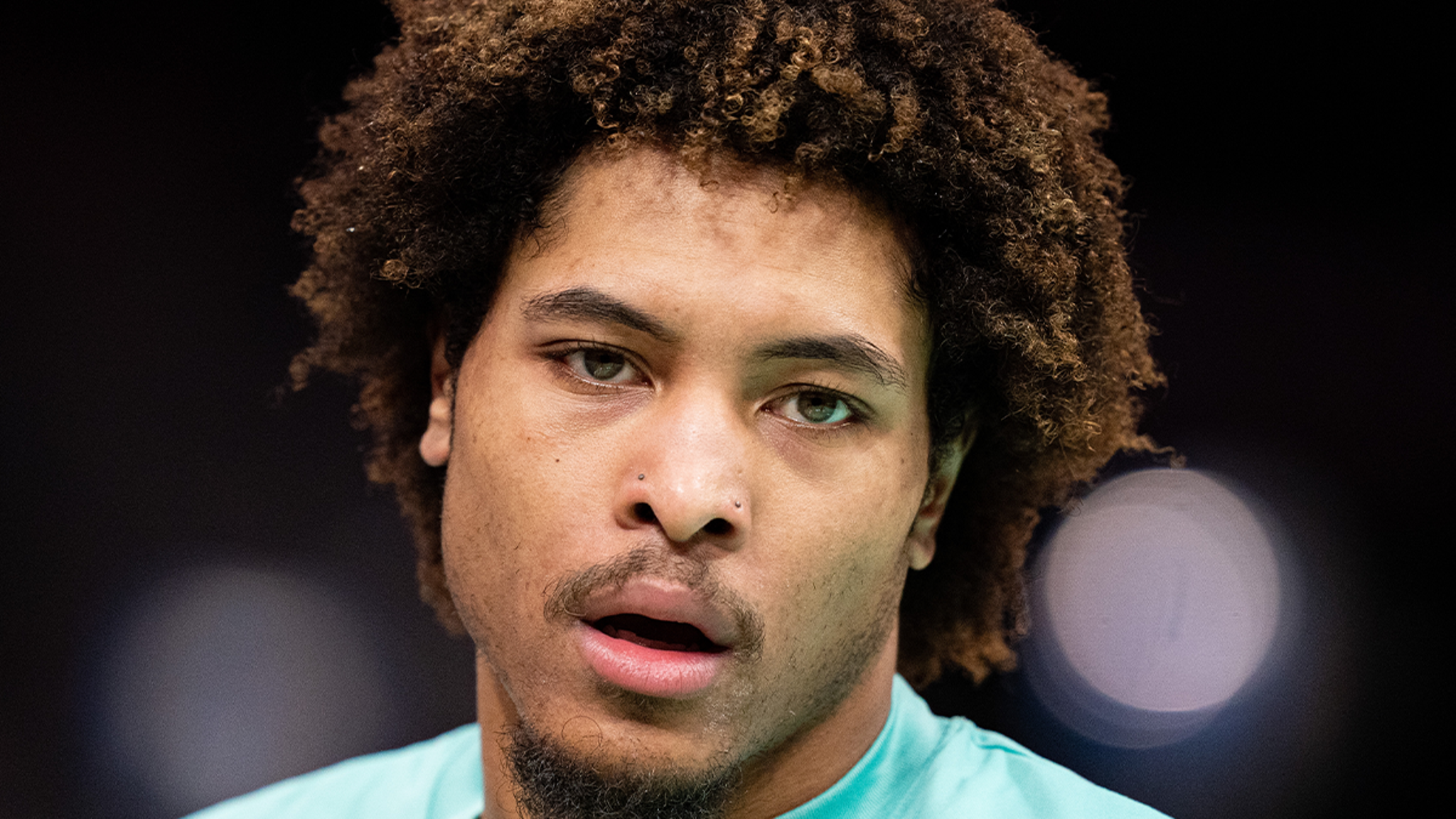
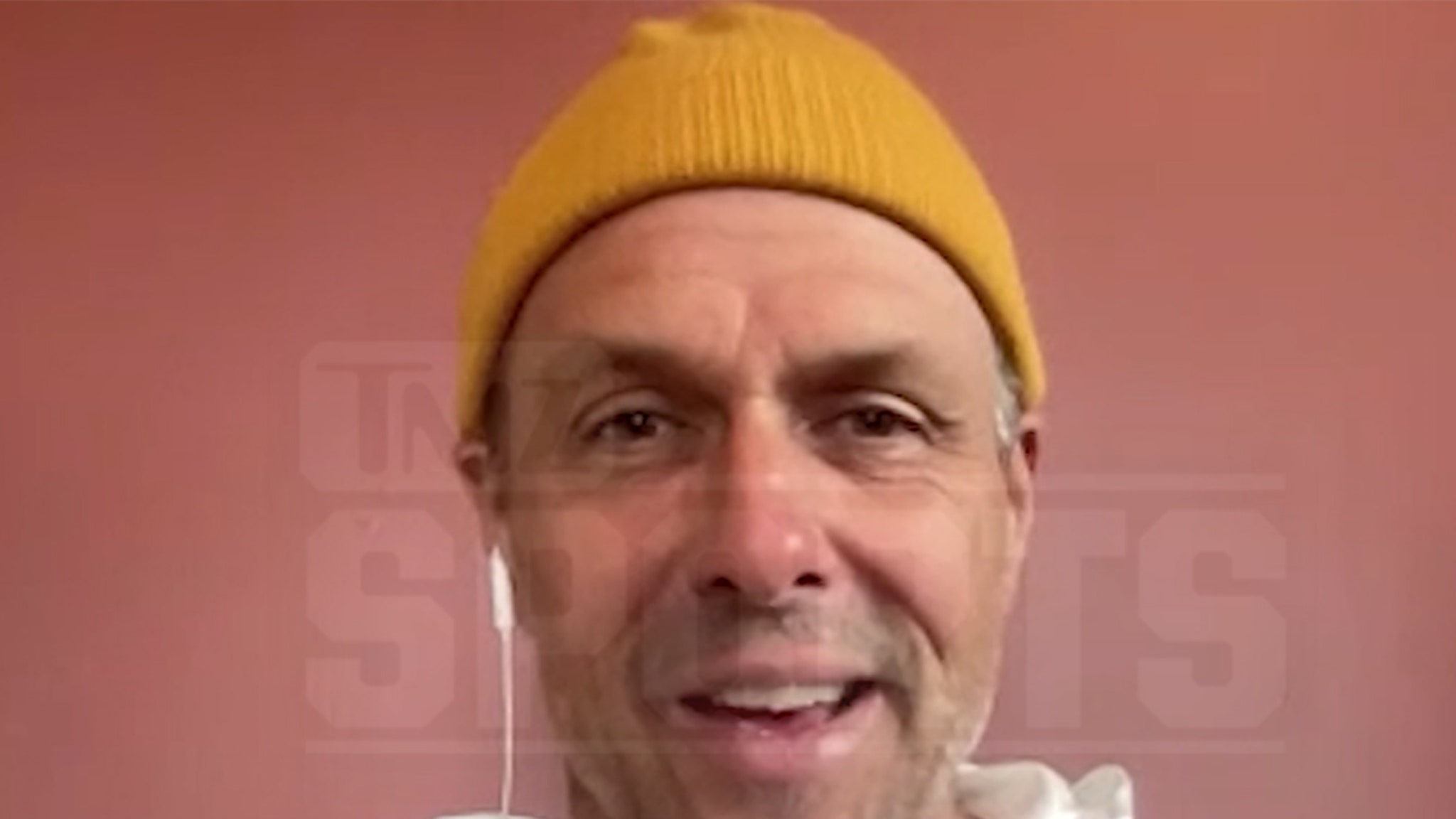
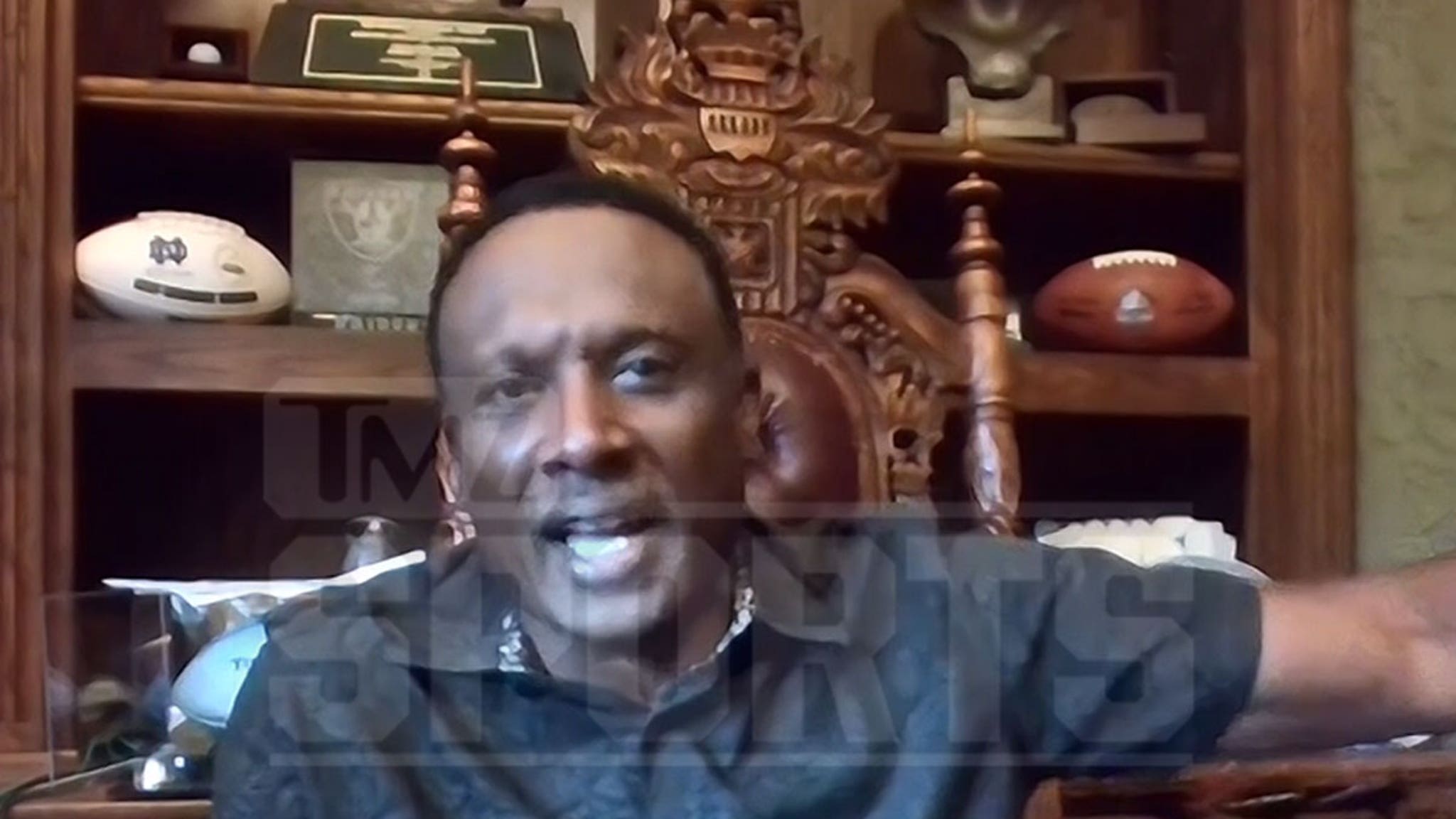
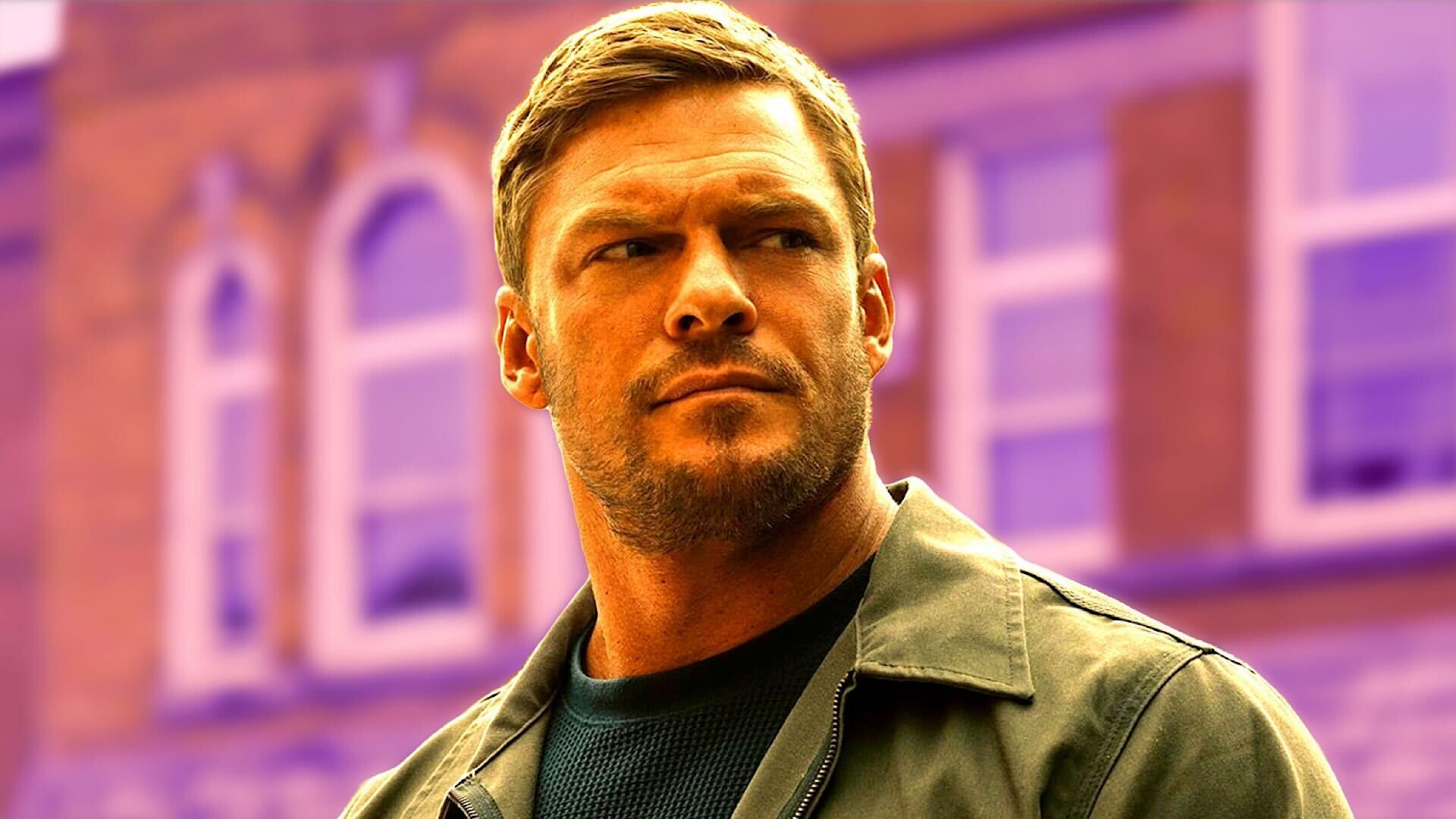
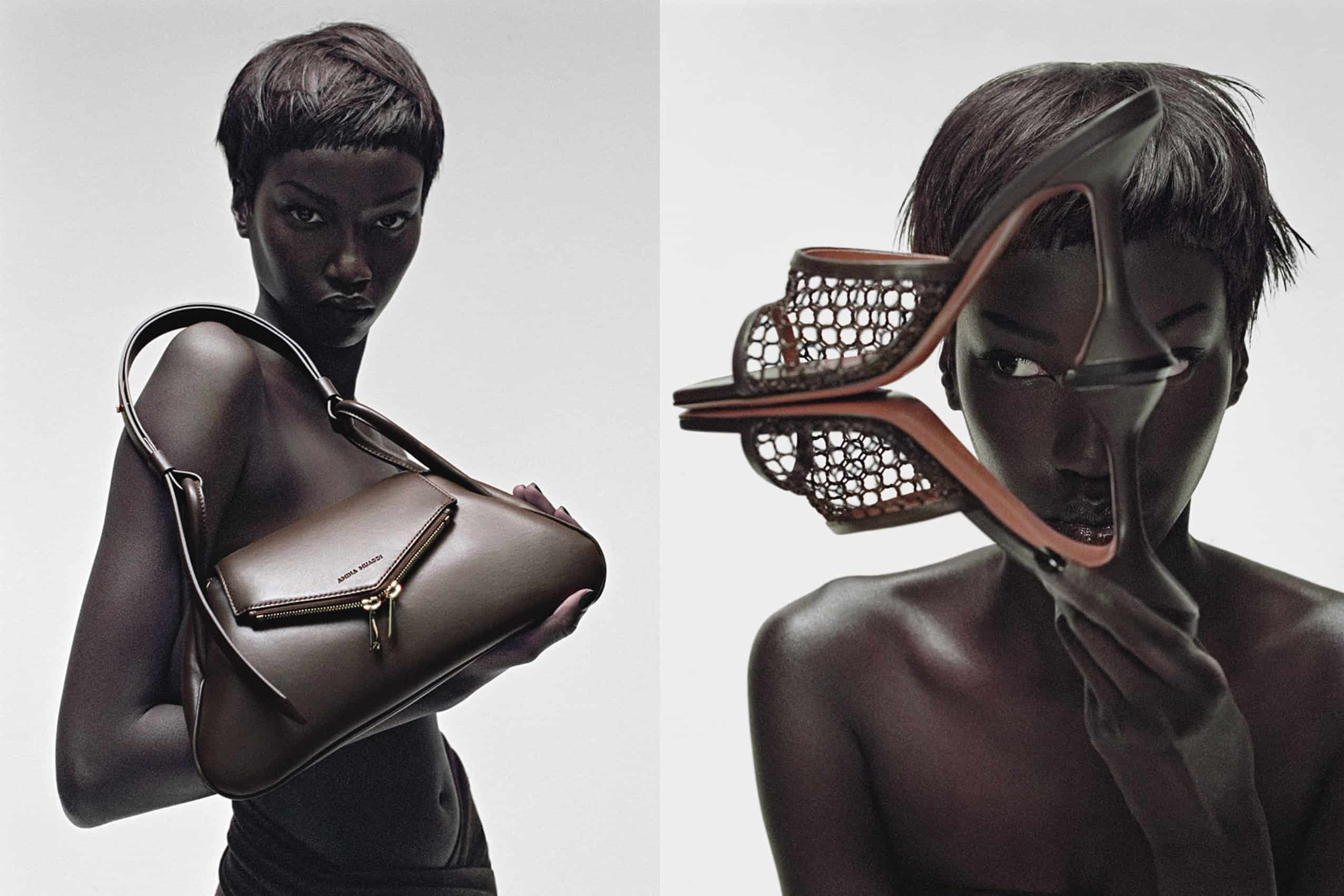
:quality(85):upscale()/2024/04/23/103/n/1922564/4749edea6628605c71c3f6.29683549_.jpg)
